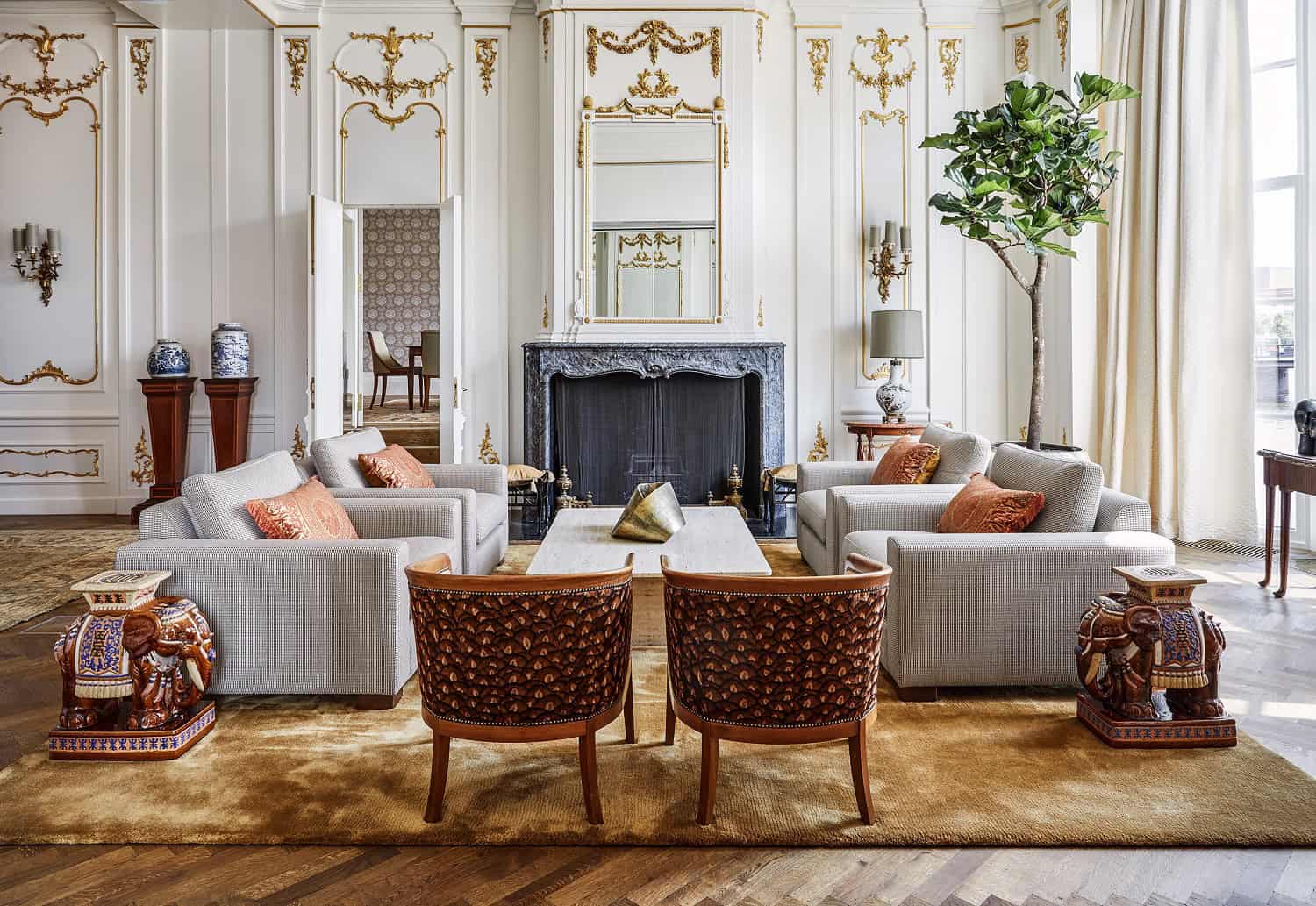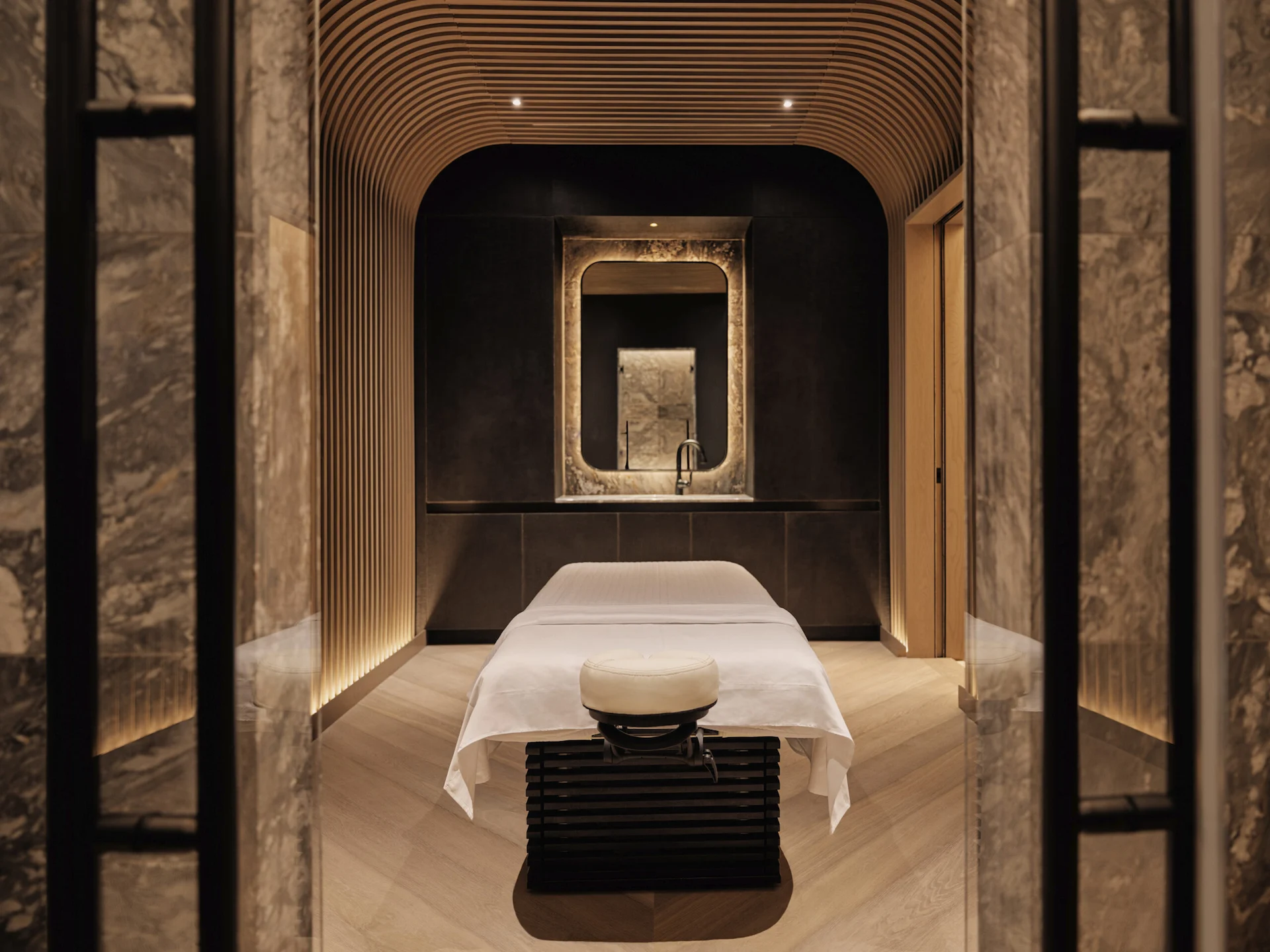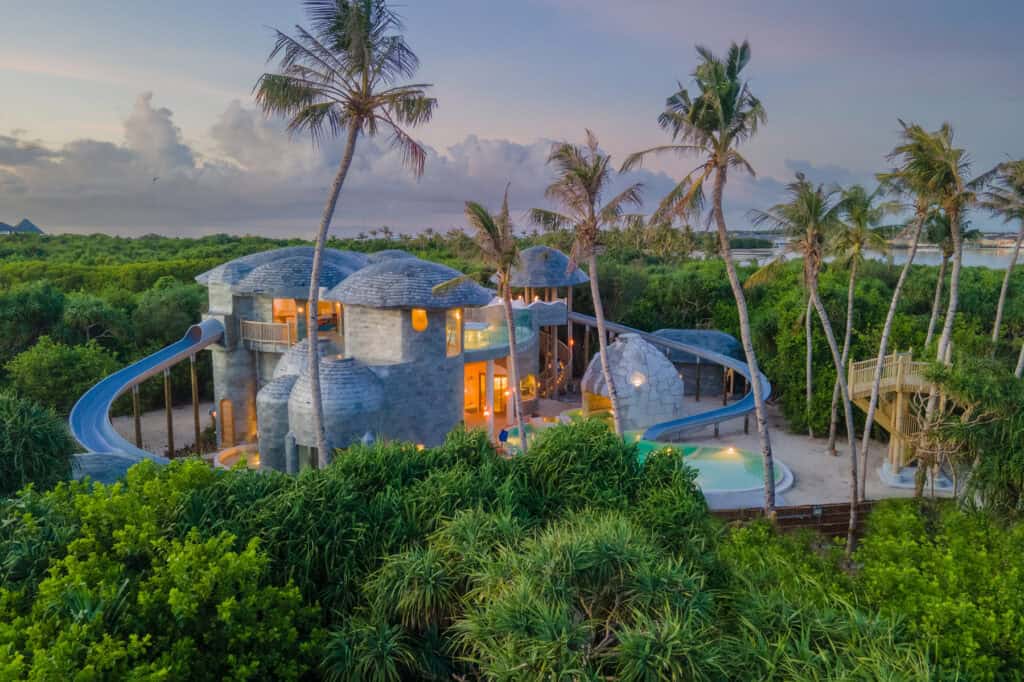An hour’s flight from Kota Kinabalu, Mulu lies in the depths of Borneo’s jungle, isolated from the outside world except by plane—which is one of the main parts of its appeal for those travelling to its tranquil forests. “The 52,000 hectares of primaeval forest at Mulu surrounding the sixty million-year-old cave system makes this a unique destination in Asia for experiencing the power of nature in its most elemental sense,” Professor Gerard Bodeker explains on the inaugural Ayus Wellness Retreat, where Compare Retreats’ Editor and Chief Content Officer Rebecca Cairns met with him.
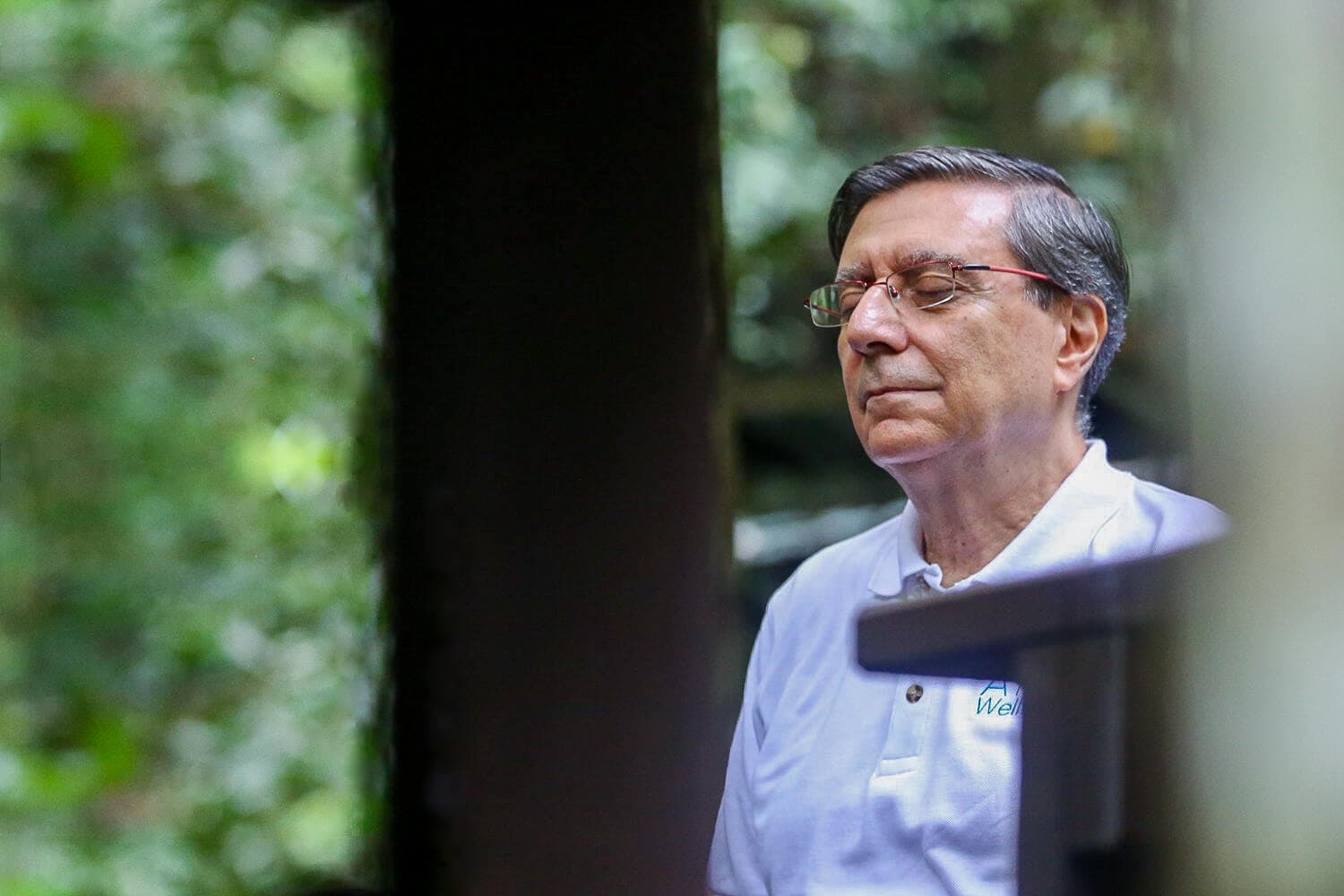
Nature and local culture are the foundation building blocks of this retreat—something that Bodeker has spent a lifetime exploring and cultivating. Starting off as a law student, he quickly switched to psychology and has since studied at Harvard and with the biggest health organisations around the globe, including the World Health Organisation (WHO), and the Global Wellness Institute where he now heads up GWI’s Mental Wellness Initiative.
“After graduating as a clinical psychologist in Australia, I was assigned to work with Aboriginal communities and children in the remote north-west of Australia,” Bodeker says of his early career. “Nothing in my training had prepared me for this and I had to learn all over again as to what constituted a problem, a solution, and a pathway to wellbeing.” His work with Aboriginal communities ignited his interest in indigenous traditions, and he began to explore the ancient knowledge embedded in these communities.
“It has shaped my work ever since. For my doctoral research at Harvard, I studied how China and India had incorporated their indigenous health systems (TCM and Ayurveda) into formal health care, and two decades later was asked to lead the team developing the WHO Global Atlas on Traditional, Complementary and Alternative Medicine, mapping global trends of use, policy, investment, and training in this sector.”
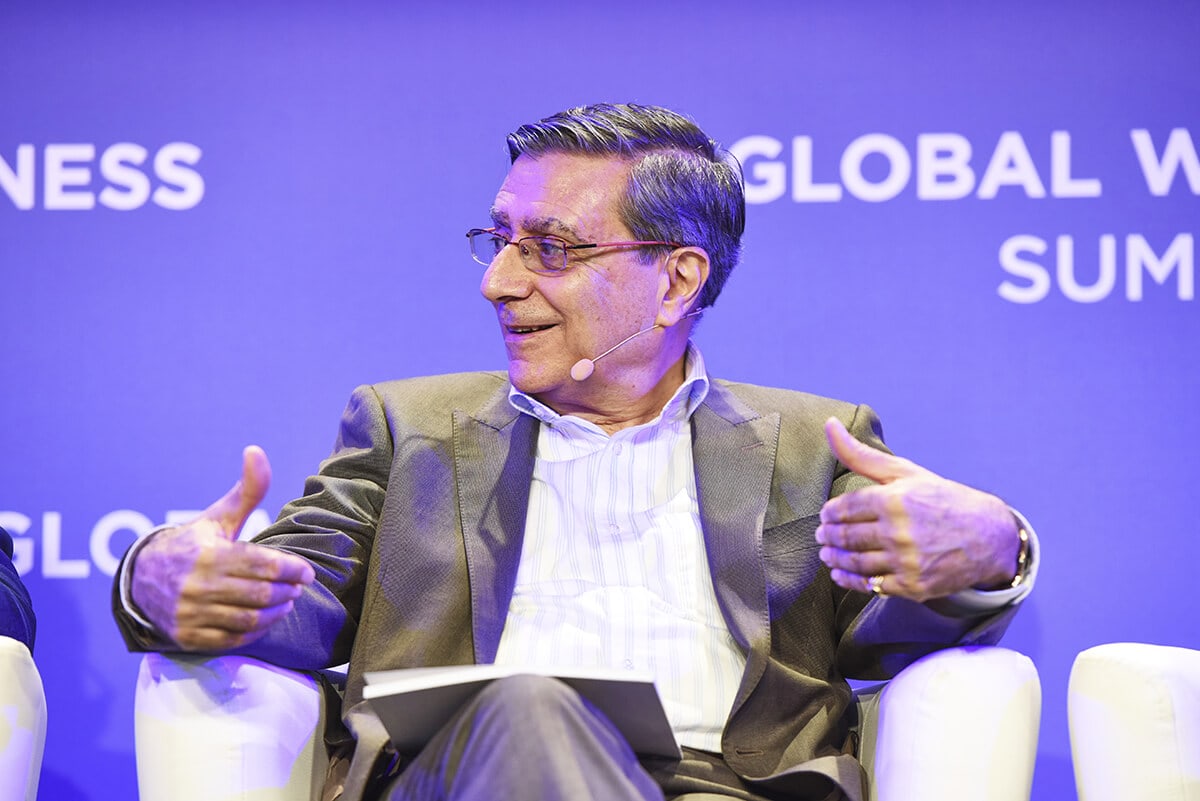
While researching the WHO Global Atlas, Bodeker discovered that traditional medicine was being used by the majority of people around the globe in some shape or form, to supplement other modern medical practices. “This trend has grown: GWI found that in 2017 that this market segment was valued at more than US$360 billion. Many traditional and complementary medicines and pathways are useful for the prevention of illness, and prevention is the front line in public health globally.”
Prevention has become a key area of interest in both the wellness industry and public health forums. “This is a key principle of most traditional medicine systems, especially in Asia,” Bodeker explains. “Tonics, massage, food as medicine, they’re all front-line approaches in preventing and managing illness and promoting health.” Alternative medicine deals with a person holistically, often separating people into ‘types’—consider Ayurveda’s Doshas, or the balancing of Qi in TCM—and focuses on the root of a problem rather than simply treating the symptom. “The physician must first find out what type of person is presenting with this disease rather than what type of disease this person is presenting with. By understanding the individual’s mind-body type through pulse diagnosis and a number of other methods, treatment can be personalised rather than offered in a generic way.”
“This trend has grown: GWI found that in 2017 that this market segment was valued at more than US$360 billion. Many traditional and complementary medicines and pathways are useful for the prevention of illness, and prevention is the front line in public health globally.” — Professor Gerard Bodeker
In this way, there’s a lot to be learnt from alternative and traditional medicine forms in modern medicine. Often viewed as ‘hippy’, academics like Bodeker showcase the very real and tangible effects of traditional therapies, and how they can be used in a variety of ways to aid our everyday wellbeing. This is one of the main motivations behind the Ayus Wellness Experience (AWE)—reconnecting people to nature and tradition.
“I had been intrigued by the growing body of research highlighting that when we connect with nature in a relaxed and mindful way, mental health and wellbeing increase significantly. I met Dato’ Robert Geneid and his wife Datuk Raziah, owners of Mulu Marriott Resort and Spa, about 18 months ago. They suggested that we work together to create a tropical forest immersive experience in Mulu, and it seemed to be the ideal chance to create something unique and transformative.”
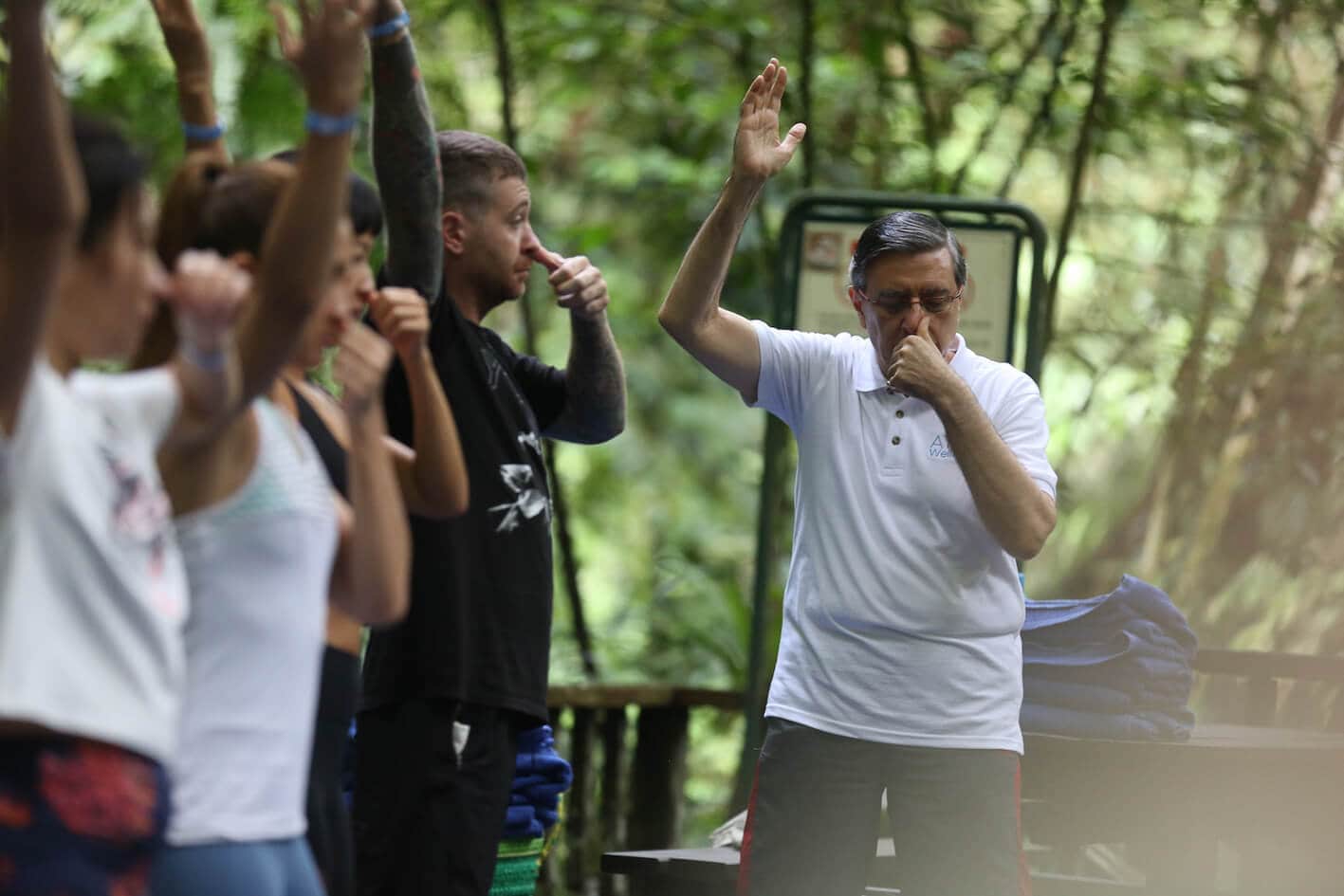
The setting in Mulu is certainly awe-inspiring in itself. A UNESCO World Heritage Park, Gunung Mulu National Park is an underrated gem, most frequently visited by cave climbers and a few adventurous outdoor tourists. Bodeker and Geneid’s wellness experience with Ayus offers wellness travellers an unparalleled back-to-nature experience with forest bathing at the centre of it. “We’ve been working with Dr Qing Li, of Nippon Medical School and a world authority on the health benefits of forest bathing. He found that Shinrin Yoku forest immersion is associated with: enhanced immune system functioning, reduced blood pressure, reduced stress, improved mood, increased ability to focus, accelerated recovery from surgery or illness, increased energy level and improved sleep.” Silent, slow walks through the ancient forest provide a rejuvenating experience, and one almost completely foreign to those from fast-paced urban lives.
Combining the natural setting with data-backed research, Bodeker fuses his extensive knowledge of traditional medicine into this wellness retreat in collaboration with the local Penang people. “From my work as lead author on the book, Health and Beauty from the Rainforest: Malaysian Traditions of Ramuan, I learnt that ulam, the Malay tradition of herbal salads, is in fact a living medicine.” Bodeker developed with local staff a wellness cuisine menu that combines tradition with science to offer a nutritional and culturally relevant menu. Superfoods like pegaga star on this retreat in tonics, salads and even tempura, offering diners a chance to boost concentration and memory while they eat.
Having launched the retreat programme at Mulu in June, Ayus Wellness is now offering continuous nature immersion retreats at the Mulu Marriott. “Ayus Wellness is also looking at expanding our programme to other sites in the future, with Japan likely to come online in 2020,” says Bodeker. “Our nature-themed wellness offerings coupled with high-quality accommodation in an ancient tropical forest setting makes Mulu a prime destination for wellness seekers worldwide.”
Learn more here about Ayus Wellness here.

